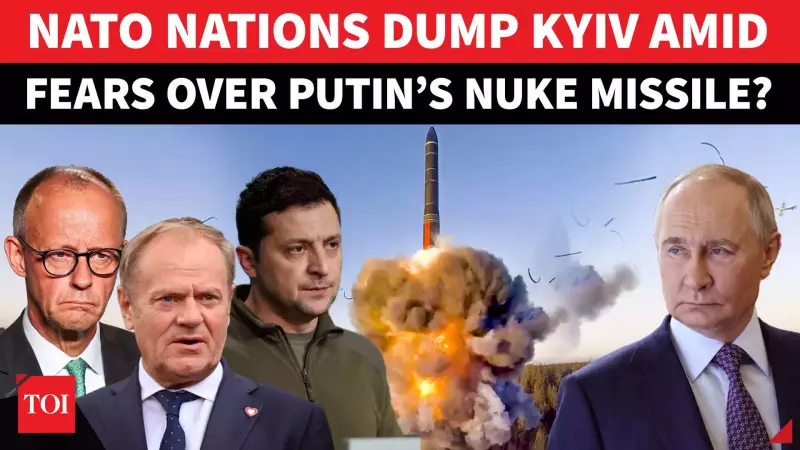
In a significant policy reversal that signals changing European attitudes, Poland and Germany have begun sending Ukrainian refugees back to their war-torn homeland. This dramatic shift comes as Russian President Vladimir Putin escalates his nuclear rhetoric, creating a tense geopolitical atmosphere across the continent.
The Changing Tide of European Support
European nations that once opened their borders wide to Ukrainians fleeing conflict are now showing signs of refugee fatigue. Both Poland and Germany, which had been among the most welcoming countries, have started implementing measures that effectively encourage Ukrainians to return home, despite the ongoing dangers.
Putin's Nuclear Gambit
The refugee policy shift coincides with Putin's increasingly aggressive nuclear posturing. The Russian leader has been dialing up pressure through veiled nuclear threats, creating an environment of uncertainty that complicates the humanitarian response to the ongoing conflict.
Poland's Stance Hardens
Poland, which initially welcomed millions of Ukrainian refugees with open arms, has notably changed its approach. The country is now taking steps that effectively reduce support for displaced Ukrainians, pushing many to consider returning to their homeland despite the risks.
Germany Follows Suit
Similarly, Germany has begun scaling back its previously generous refugee support programs. The economic powerhouse of Europe is now implementing policies that make it increasingly difficult for Ukrainians to remain, marking a stark contrast to their initial welcoming stance.
The Human Cost
This policy reversal leaves thousands of Ukrainian families in an impossible position - choosing between returning to a war zone or navigating increasingly hostile immigration policies in their host countries. The humanitarian implications are profound and far-reaching.
As the conflict continues with no clear end in sight, Europe's changing refugee policies highlight the complex challenges of maintaining long-term support for displaced populations while navigating escalating geopolitical tensions.





